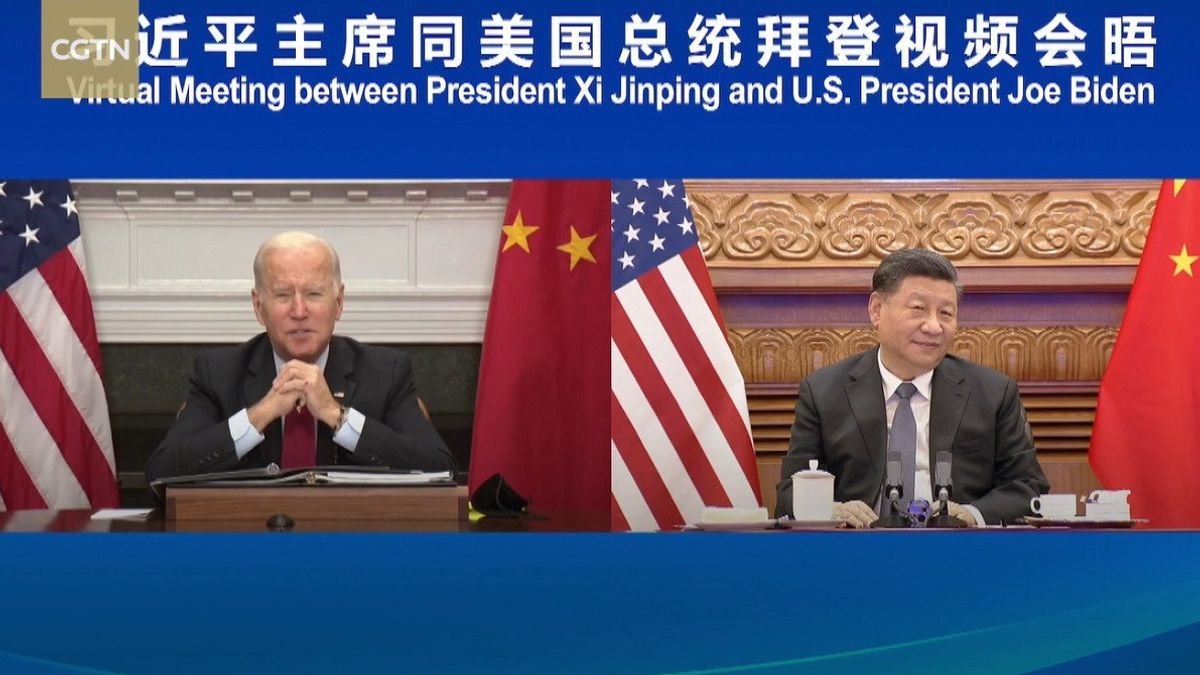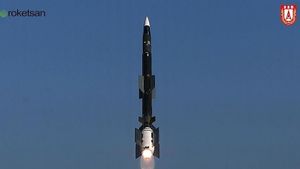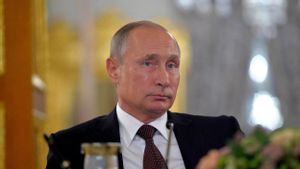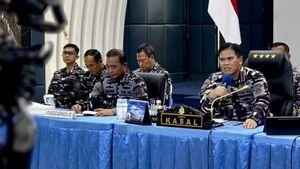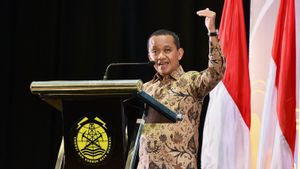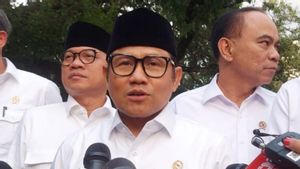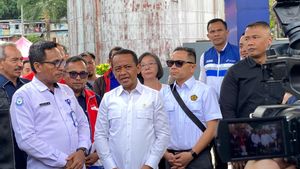JAKARTA - United States President Joe Biden and Chinese President Xi Jinping agreed on a virtual meeting to look into possible arms control talks, US national security adviser Jake Sullivan said on Tuesday.
President Biden and President Xi held a virtual meeting in the midst of warming relations between the two countries, discussing various issues ranging from issues of Hong Kong, Taiwan, Xinjiang to the weapons of the two countries.
Sullivan said President Biden and President Xi agreed to "look to start continuing discussions on strategic stability," referring to US concerns about China's nuclear and missile buildup.
"You're going to see at different levels of intensification of engagement to make sure there's a fence around this competition so it doesn't lead to conflict," Sullivan said in a Brookings Institution webinar.
Sullivan did not elaborate on the form of the discussion on strategic stability, but went on to say;
"It's not the same as what we have in the Russian context with a formal strategic stability dialogue. It's much more mature, has a much deeper history. There is a bit of maturity in the US-China relationship. But, the two leaders did discuss this issue and now it is our duty to think of the most productive way to carry it forward."
Previously, Washington has repeatedly urged China to join it and Russia in a new arms control treaty.
Meanwhile, Beijing says the arsenals of the other two countries are dwarfing its own. It said it was ready for bilateral dialogue on strategic security 'based on equality and mutual respect.'
This meeting is the most in-depth exchange of thoughts between the two leaders since President Joe Biden took office in January 2021.
Although they spoke for about three and a half hours virtually, the two leaders did not appear to be doing much to narrow the differences that have raised fears of an eventual conflict between the two superpowers.
The United States had envisioned the meeting putting stability into a relationship that was increasingly troubled by a range of issues, including what Washington sees as Beijing's aggressive moves against self-ruled Taiwan.
Sullivan said President Xi Jinping and President Biden discussed various global economic issues, including how the United States and China can work together to ensure world energy supply and price volatility do not jeopardize the global economic recovery.
"The two presidents assigned their teams to immediately coordinate on this matter," Sullivan said.
During the meeting, President Biden pressed his Chinese counterpart on human rights and President Xi warned that China would respond to provocations in Taiwan.
SEE ALSO:
A senior US official said in a briefing after the meeting the US goal was not to defuse tensions, nor was the outcome and no breakthrough to report.
Separately, Chinese state media quoted an unnamed Chinese Foreign Ministry source as saying the two sides would ease access restrictions for journalists from their respective countries.
The China Daily newspaper said a consensus on journalists' visas, among other things, was reached before the virtual meeting.
Officials at the White House and State Department did not immediately respond to requests for comment on the report.
The English, Chinese, Japanese, Arabic, and French versions are automatically generated by the AI. So there may still be inaccuracies in translating, please always see Indonesian as our main language. (system supported by DigitalSiber.id)
